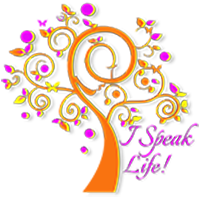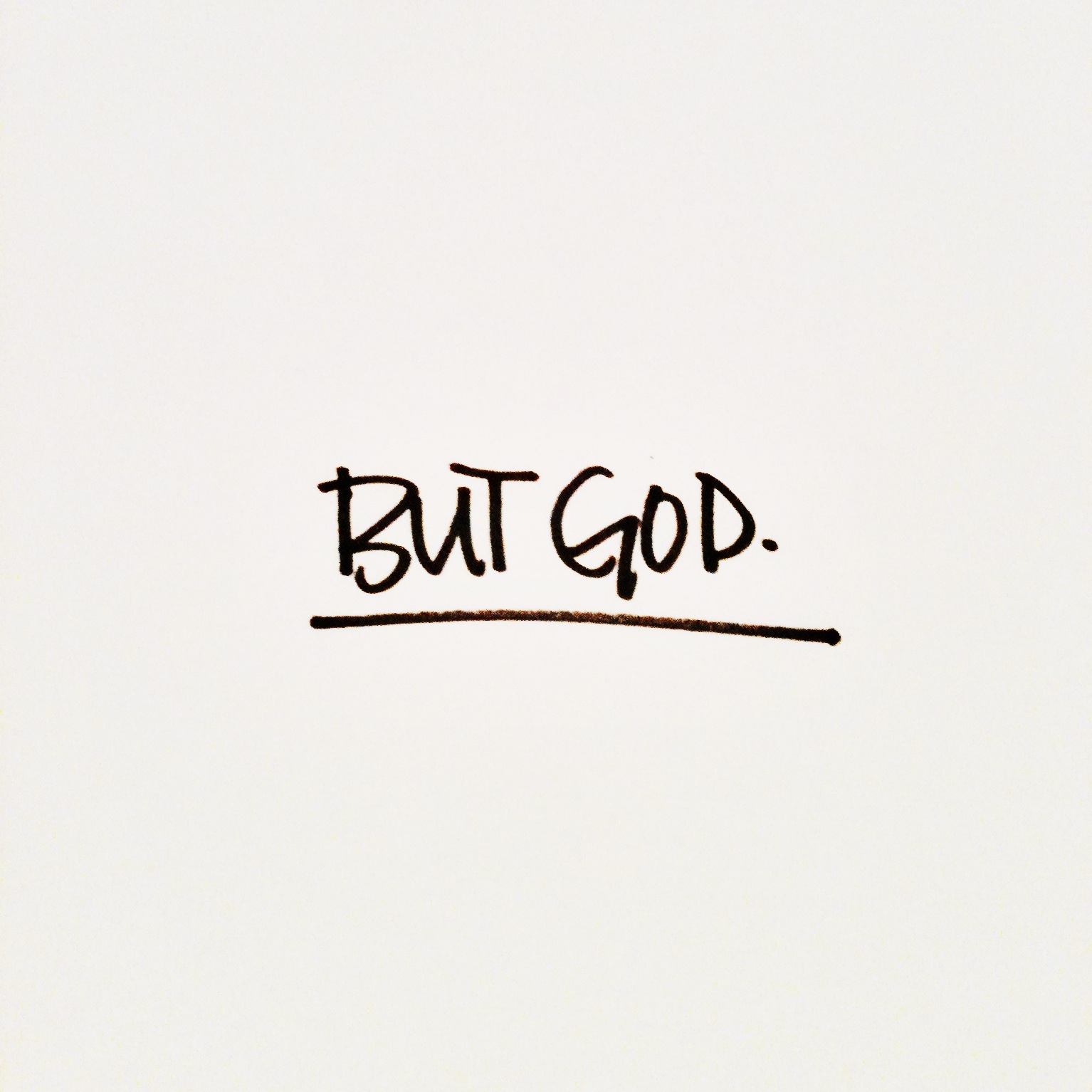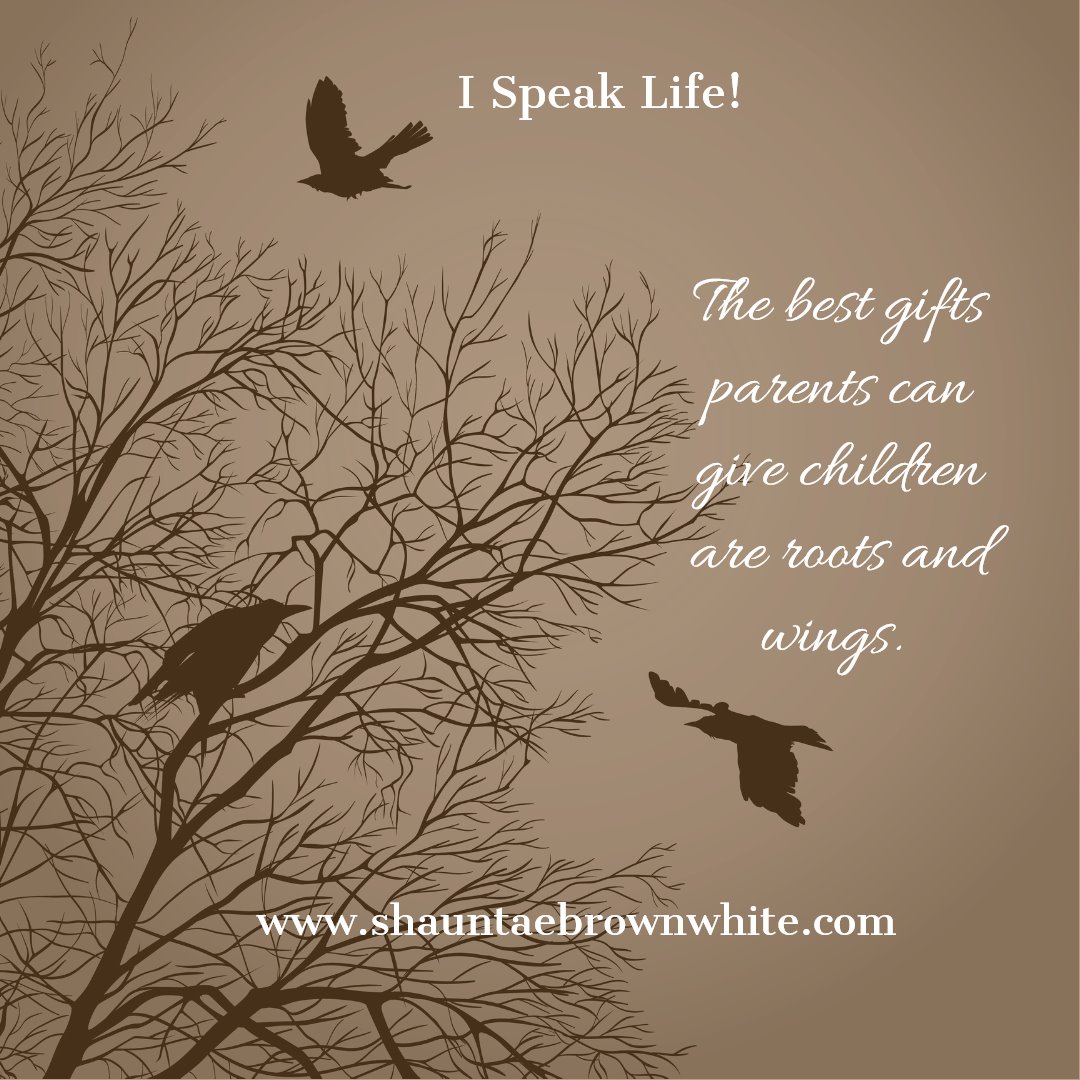A few months ago, I was invited to speak at a women’s conference. I was fascinated by the concept the conference organizer envisioned for this portion of the conference—six women speaking back-to-back for eight minutes each on her assigned topic. I thought to myself, “Cool! Eight minutes is not really that long, and I am familiar with the topic she gave me.”
As the conference date got closer, and the organizer sent the speakers the program outline, I noticed I was the last of the six speakers. Panic set it. Why did I have to be last? Who were the women who were going before me? Were any of them preachers? In the black church tradition, there should be substance, but equally important is style and form. The word should be good, but also sound good. In other words, the message should be crafted for both a listener’s intellect, but also the ear. There are two things that I know that I know. First, I can teach and facilitate! Second, I am not a preacher. The two require a different kind of delivery style, and I did not want to come behind the latter. Dread, fear and doubt set in. So much so that though I had an idea in my head what I was going to say, it was at the night before and the message was still not clear. As a professor of public speaking I know, if your message it not complete, organized or clear in your head, then it won’t be to your audience either.
I had been praying for clarity, but I needed a pep talk. I called my godmother who is a preacher, gifted speaker and facilitator. She said some other things, but what I remember most was, “Just be your authentic self. You can only be you.” And, with those words, I felt a calm.
For what do you need to find your authentic self? From that episode, I was reminded of three things:
1. We have to figure out who our authentic self is. What is your area of giftedness? Who are you? Do you have a healthy and realistic appraisal of who you are? As I mentioned, I know one of my spiritual gifts is teaching. I am good at taking a concept and helping my audience or students understand it. I am good a facilitating discussion and getting an audience involved in a discussion. I usually can do it with my students in the classroom, but that is a much tougher audience. This comes easy to me. I am willing to take risks and try different approaches even if sometimes they flop because I am confident in this gift. While I can give a keynote address, I have more anxiety about a speaking context where it just on me and I cannot engage the audience in discussion. All of us should know what we are great at doing and what we are just ok at doing. “Great” is not the same as perfection. “Great” also leaves from to grow and learn to be even better. Likewise, “being ok” doesn’t mean bad, it just means you have to work harder.
2. We should not compare ourselves to others. It is so tempting. Either it leads to pride, or “thinking of ourselves more highly than we ought,” or fear and insecurity. In either case, we can never become our true authentic self. Both demonstrate ingratitude for how God has gifted us. Pride nor insecurity cannot help us fulfill our calling in a way that glorifies God.
3. We have to accept how God has gifted us. God has gifted us all uniquely. When we try to be something or someone we are not, we are in essence taking a gift someone has taken much time to select with us in mind and either never using it or not using it for its intended purpose. It is like having the voice of a song bird, but choosing to howl like a wolf.
Though the pop culture saying, “Just do you,” can be useful in order to establish boundaries, it can also be counter-cultural to a Christian ethic—do what is best for you without regard to consequences or impact on others. But, in this case, I implore all of us to “Just do you”: Find and be your authentic self. Don’t compare your gifts to others. Accept and use your unique gifts to glorify God.
Just Do You!







